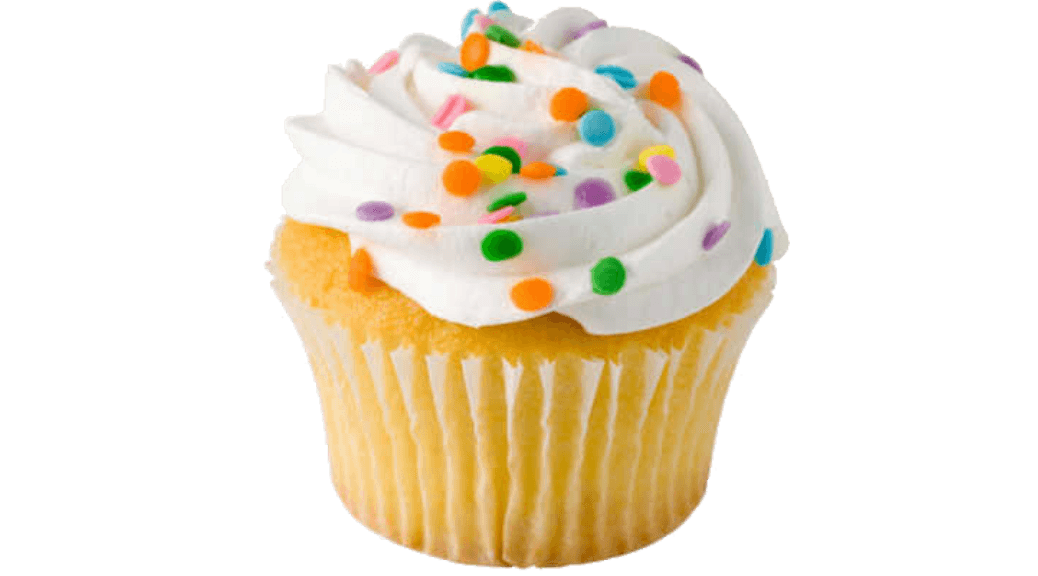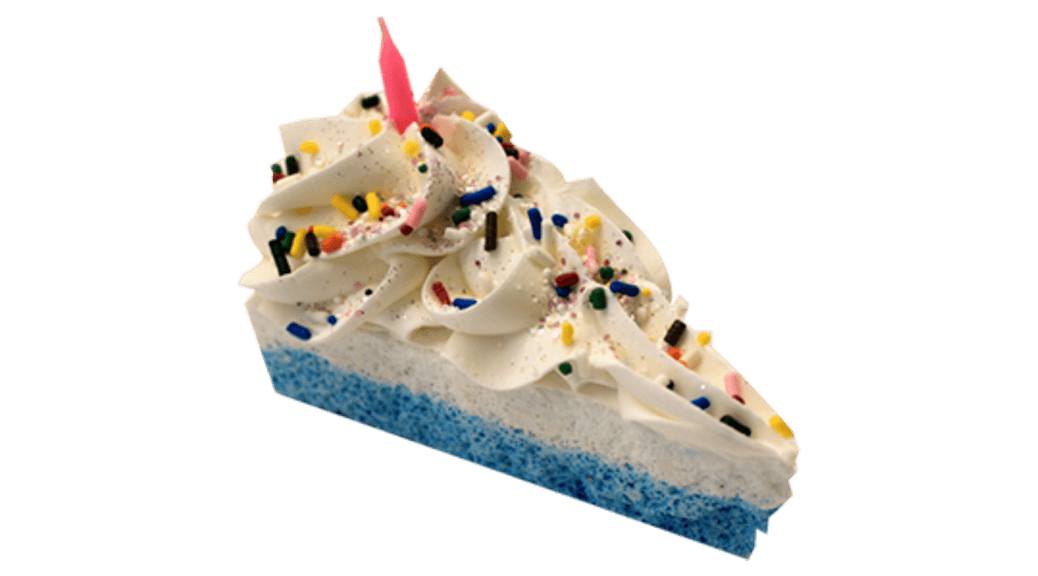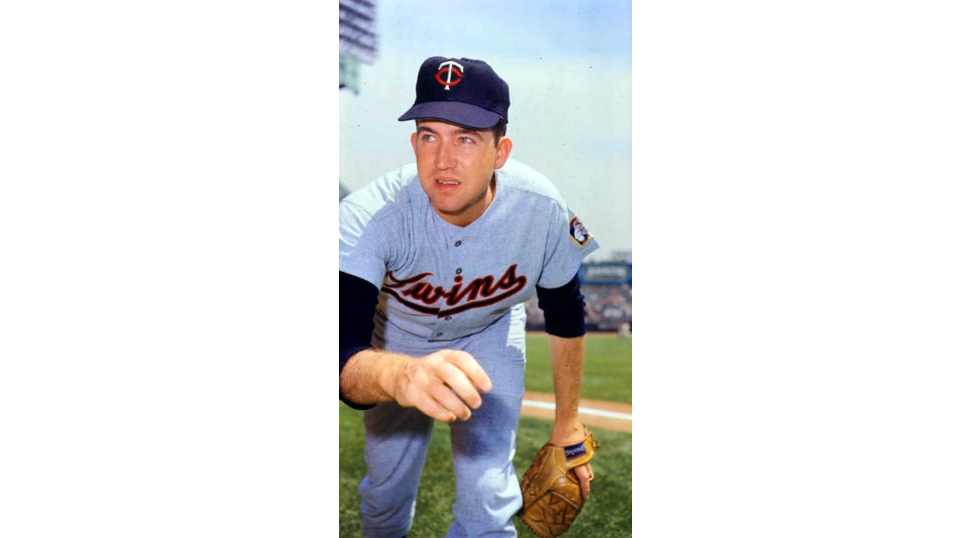MINNESOTA 10, WASHINGTON 1 IN WASHINGTON
Date: Thursday, August 29.
Batting stars: Bernie Allen was 3-for-5 with a home run (his seventh) and three RBIs. Jimmie Hall was 3-for-5 with a home run (his twenty-seventh) and two runs. Rich Rollins was 3-for-5. Zoilo Versalles was 2-for-4 with a home run (his tenth), a triple, a walk, and three runs. Earl Battey was 2-for-4. Harmon Killebrew was 1-for-5 with a two-run homer, his thirty-second.
Pitching star: Dwight Siebler pitched a complete game, giving up one run on three hits and two walks and striking out four.
Opposition stars: Don Rudolph struck out three in three shutout innings of relief, giving up two hits and a walk.
The game: Allen led off the game with a home run to put the Twins up 1-0. They later put men on second and third with none out, but left them there. It did not cost them. In the second Versalles tripled and scored on Allen's single to make it 2-0.
The Twins took control in the third. Hall opened with a home run. Don Mincher walked and went to third on two wild pitches. The next two batters went out, but Battey had an RBI single, Versalles walked, Siebler contributed a two-run single-plus-error, and Allen delivered an RBI single. It was 7-0 Twins and they were not threatened after that.
It went to 9-0 in the fourth when Killebrew hit a two-run homer and 10-0 in the fifth when Versalles homered. The lone Senators run came in the sixth. Don Rudolph walked, went to third on a single by Don Blasingame, and scored on a double play.
WP: Siebler (1-0). LP: Jim Duckworth (4-11). S: None.
Notes: This was the second game of a doubleheader. The Twins had won the first game 14-2, giving them a 24-3 margin for the day.
Despite the fact that this was the second game of a doubleheader, the only substitution from the first game to the second was that Mincher was at first base rather than Vic Power. They also didn't make a lot of substitutions during the game, even though it was a blowout. In the eighth, Jerry Zimmerman replaced Battey behind the plate and Lenny Green went to center field, with Hall moving to left and Killebrew coming out of the game. I know, but always forget, that Killebrew was the Twins' regular left fielder from 1962-1964.
This was the second game, first start, first complete game, and first win of Siebler's career. He had pitched two-thirds of an inning of relief three days earlier. We don't have pitch counts for these games. It's hard to imagine a guy making his first career start being allowed to pitch a complete game, especially in a blowout like this. Incidentally, Lee Stange threw a complete game in the first game of the doubleheader. Men were men in 1963.
Duckworth was the starter for Washington. He pitched 2.2 innings, allowing seven runs on eight hits and two walks and striking out three.
The Senators really had a woeful lineup. They had one batter with an average over .250 (Chuck Hinton, .279) and three guys with an OPS over .720. (Hinton, Blasingame, and Don Lock). Yes, it was the 1960s, and yes, they were a third-year expansion team, but that's still pretty bad. And they weren't using a bunch of scrubs because it was the second game of the doubleheader--this was pretty much their regular lineup. As they used to say, first in war, first in peace, last in the American League.
This is more like it, random.org.
Record: The Twins were 74-58, in third place in the American League, 11.5 games behind the Yankees. They would finish 91-70, in third place, thirteen games behind the Yankees.
Washington was 48-85, in tenth (last) place in the American League, thirty-eight games behind the Yankees. They would finish 56-106, in tenth (last) place, 48.5 games behind the Yankees.





